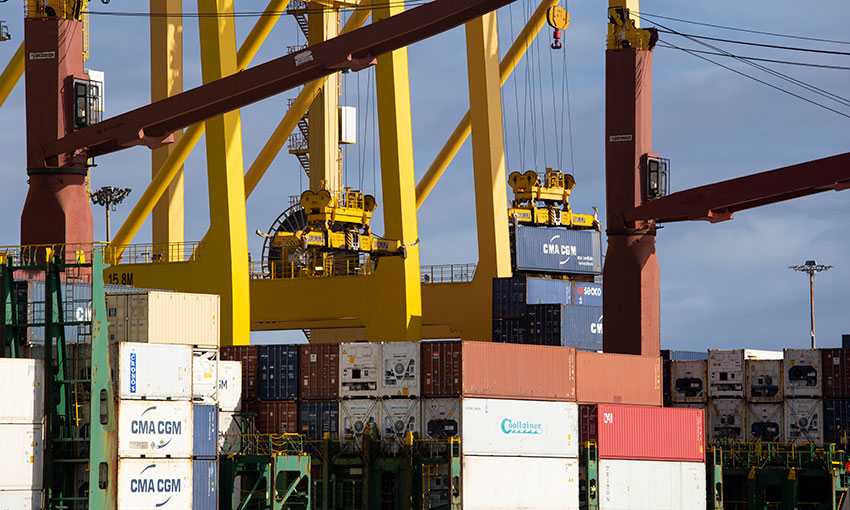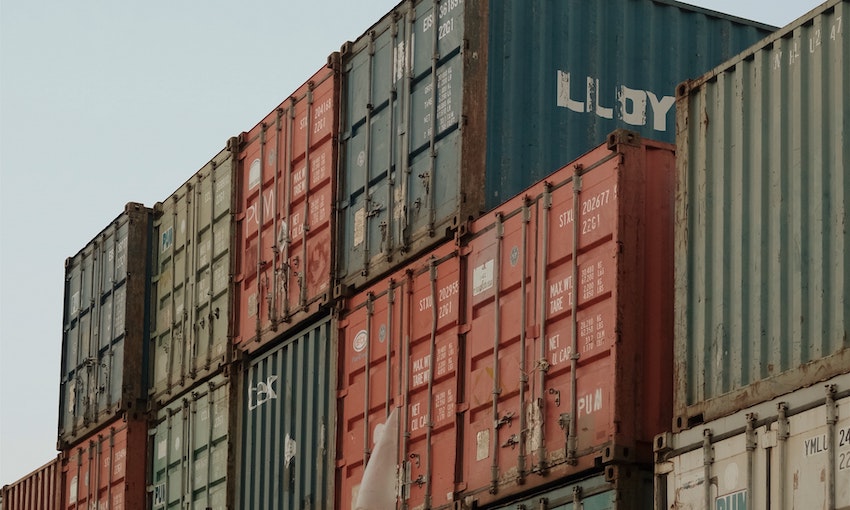TREASURER Josh Frydenberg announced the Productivity Commission’s review of Australia’s maritime logistics system would begin consultation in January, with a final report due in August.
In a statement, he said the Australian Competition and Consumer Commission found global factors were a significant contributor to rising shipping costs and delays. But, through the Productivity Commission review, the government would ensure that domestic issues are not compounding the problems caused by supply-chain disruptions under surging global demand for goods since the start of the COVID-19 pandemic.
“The Productivity Commission’s review will examine any long-term domestic trends, focussing on operational cost drivers, including industrial relations, infrastructure constraints and technology uptake in Australia’s ports and related transport networks in order to assess the overall competitiveness of Australia’s ports,” Mr Frydenberg said.
“The inquiry complements earlier work by the Productivity Commission on supply chain vulnerabilities and risks as part the government’s commitment to ensuring the Australian economy is prepared for any possible supply chain disruptions.
“The report will also build on a range of initiatives undertaken by the Morrison government to help ensure supply chains remain functioning and resilient including throughout the COVID‑19 pandemic, including the provision of $107.2 million for the Supply Chain Resilience Initiative and the Sovereign Manufacturing Capability Plan.”
The Prime Minister announced the inquiry on 30 November during an address to the Australian Industry Group. During the address he said, “Ports are the gateway for our economy. Inefficient ports are a tax on all of us”.
In a statement, the Maritime Union of Australia said it welcomed “with enthusiasm the Morrison government’s sudden interest in port and shipping matters along the Australian coastline, which comes after eight years of neglect, failure and disinterest”.
MUA national secretary Paddy Crumlin said the union has been “prosecuting vigorously” the need for federal government investment in crucial road and rail infrastructure at Australian ports to alleviate congestion, improve productivity and help stevedores do their jobs.
“If a port productivity review will stop Scott Morrison thinking of his own political self-interest and return to the job at hand, then we welcome it with enthusiasm,” Mr Crumlin said.
“However, any port productivity review must focus on examining Australia’s inadequate intermodal freight infrastructure and systemic global shipping sector malfeasance which hampers productivity on the waterfront and undermines our import, export and domestic maritime supply chains.”
Mr Crumlin said the federal government’s “failure” to develop a nationally co-ordinated port infrastructure plan is exacerbated by various state governments’ refusal to invest their one-off windfalls from port privatisation into much-needed road and rail infrastructure. This, he said, results in containerised freight accumulating at ports without intermodal capacity to move sufficient shipping containers off the quayline.
“All the political misrepresentation in the world can’t mask the negligence and mismanagement of maritime infrastructure in this country,” Mr Crumlin said.
“Australia’s supply chains have been manipulated by international shipping companies to extract maximum profit and influence, which has a flow-on effect beyond our ports for consumers and small businesses.
“We must not settle for a sham process from Mr Morrison to blame hard working wharfies as a distraction from the larger, more structural problems for which the Federal Government is ultimately responsible.”
This article has been updated to include comment from the MUA.





